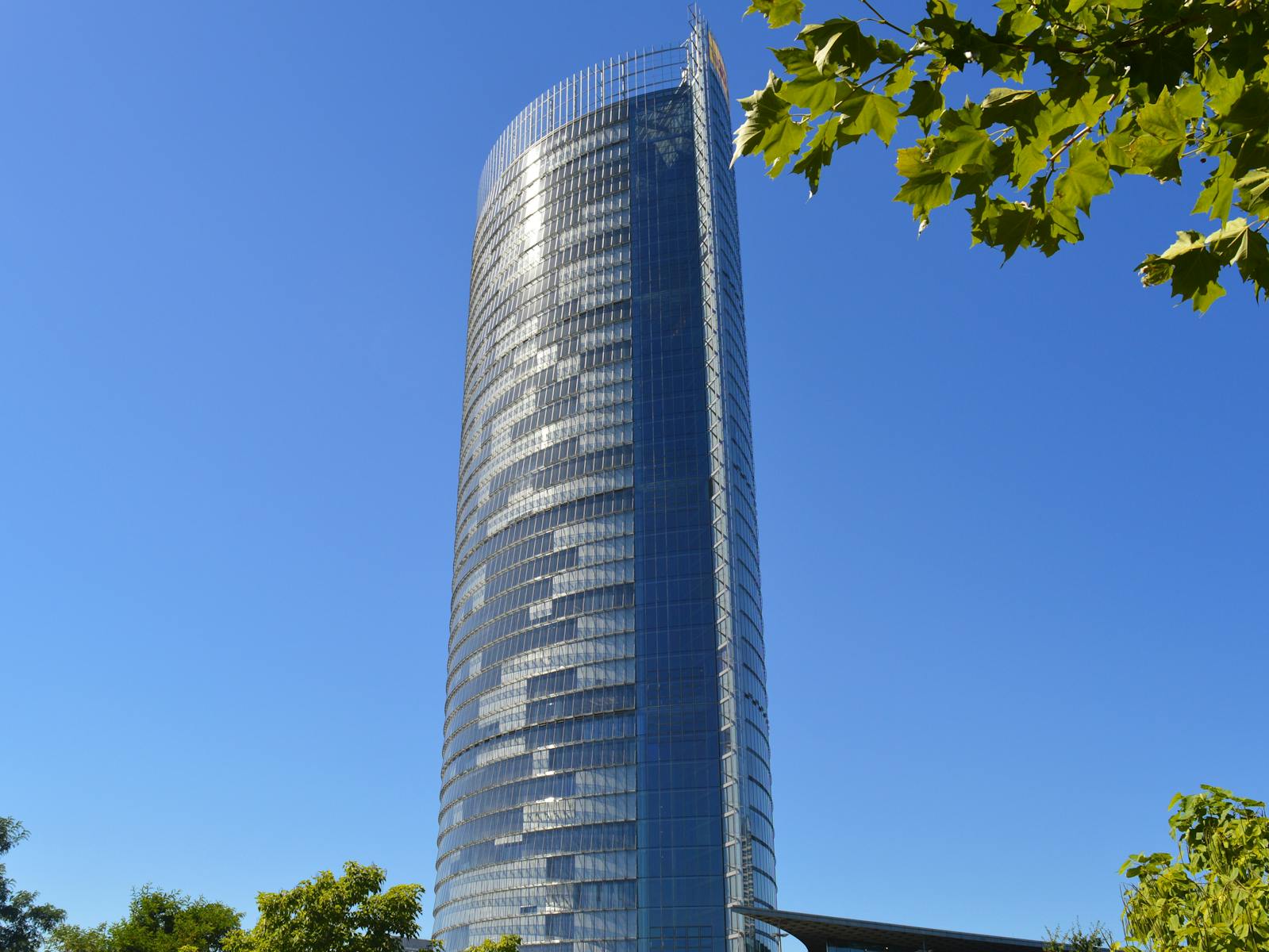Key Greenwashing Lawsuits Define the Future of Corporate Sustainability Claims

“Eco-friendly” single-use plastics, “conscious” fast fashion, “green” air travel. In their efforts to appeal to sustainability-minded consumers, big businesses have increasingly incorporated environmental messaging into their advertising and branding. While vague terms like “green” are ripe for hyperbole, in recent years a growing number of litigators have framed the use of greenwashed language as instances of fraud.
Worried about car theft? EVs Don’t Get Stolen
Lights flickering? The Counties With The Most Power Outages
According to the non-profit watchdog Truth in Advertising, greenwashing litigation has increased steadily since 2015. Greenwashing litigation usually takes the form of a class-action lawsuit, wherein consumers or advocacy groups allege that a company has misled the public, and seek damages for false advertising. According to TINA data, since 2022 more than two dozen greenwashing class-action lawsuits have been filed each year, a more than fivefold increase from 2015.
In one representative case, United Airlines customer Alexander Zajac brought a class-action lawsuit against the airline under the Maryland Consumer Protection Act for misleading sustainability claims over its use of “Sustainable Aviation Fuel.” While the plaintiff asserted that he paid more to fly on United because of its reduced environmental impact, he later learned that the advertised Sustainable Aviation Fuel only constituted 0.025% of United’s fuel supply. While Zajac’s claims echo similar ongoing greenwashing litigation, the case was dismissed when the district judge found that the federal Airline Deregulation Act prohibits states from enforcing regulations on airline rates.
While United Airlines may have misrepresented the eco-friendliness of its services, the case highlights some of the legal challenges faced by class-action litigants going up against multinational companies. As new cases are taken to law – most recently a class-action lawsuit against Tyson Foods over its “climate-smart” beef claims – courts will continue to define what it really means for a company to be “green.”
Sponsor
Find a Vetted Financial Advisor
- Finding a fiduciary financial advisor doesn't have to be hard. SmartAsset's free tool matches you with up to 3 financial advisors that serve your area in 5 minutes.
- Each advisor has been vetted by SmartAsset and is held to a fiduciary standard to act in your best interests. Get on the path toward achieving your financial goals!






